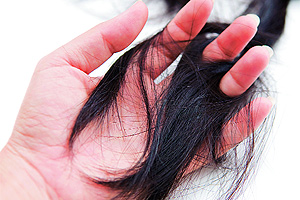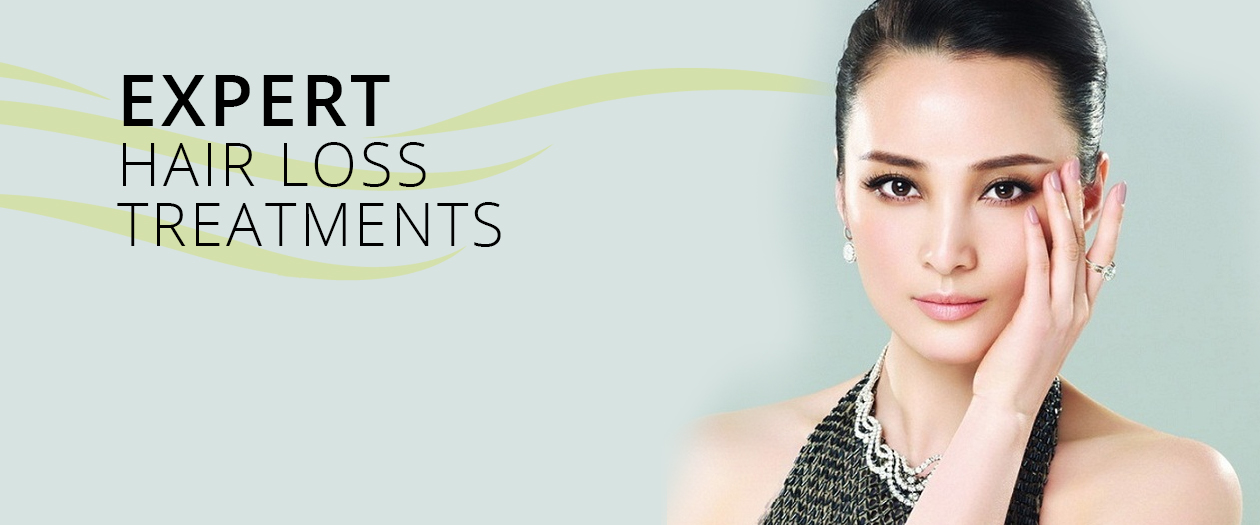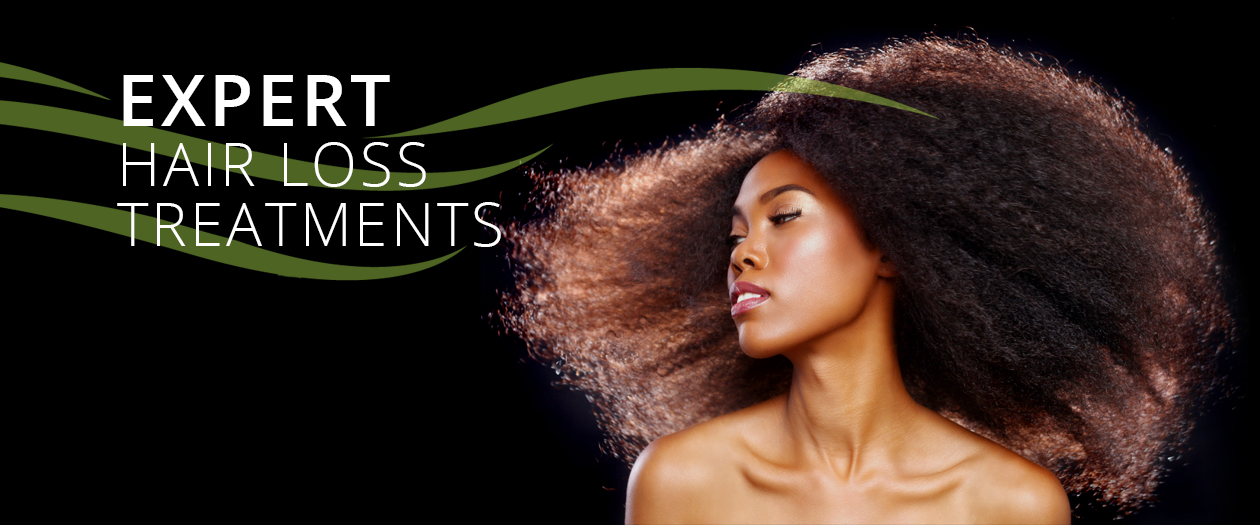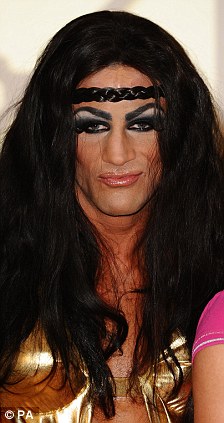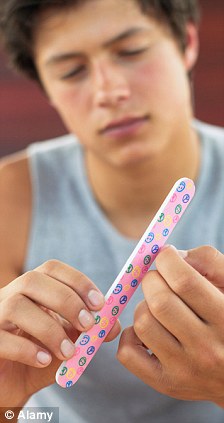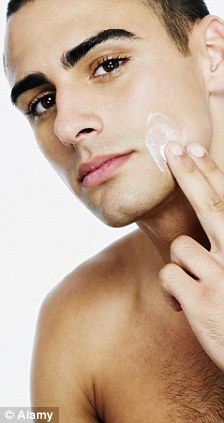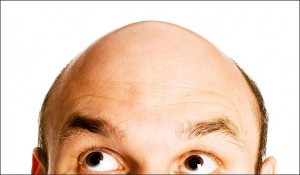08.01.2010
in TRICHOLOGIST
New research has revealed that one in three women will suffer from alopecia, but far too little is known about the condition.

What’s your party trick? Mine is to pull up my hair and reveal the big, smooth bald patch behind my left ear. It works a treat because nobody expects a 29-year-old woman to be suffering from hair loss. Surely that’s the preserve of men of a certain age?
Well no, actually. Last week a survey revealed that as many as one in three women over the age of 25 suffers from some sort of hair loss, or alopecia as it is known. Trichologists are now seeing more and more females with receding hair lines, thinning locks and even complete baldness. “I have worked in this industry for 40 years,” says Carol Michaelides, a senior trichologist at hair specialists Phillip Kingsley. “And where once you used to see women with hair problems twice a year, now we get them once a week.”
TV presenter Gail Porter was pregnant with daughter Honey in 2005 when she noticed her hair was falling out in clumps. Within four weeks she was completely bald.
Mine started falling out when I was 19, and has been coming and going as it pleases ever since. I remember the moment that I discovered the small bald patch on the back of my head. My sister was straightening my hair when she announced that there was something I should see. It was a tiny patch, curiously smooth and strangely comforting to touch. I thought nothing of it. But within a month it had grown from the size of a five pence piece to that of a ten pound note, and within two months I had lost half of my hair.
This was strange territory. I was a young girl about to start at university. And yet when I looked in the mirror I saw the scalp of a middle-aged man. I had such a small amount of hair that, to my horror, I was forced into sporting a Bobby Charlton comb-over. How had it come to this? What was happening to me?
I went to my GP who told me dismissively that I had something called alopecia areata, where hair falls out in patches. What caused it? Nobody really knows, she said. Was there any treatment for it? No, not really. And then she gave me a look that said ‘why are you bothering me with this when there are ill people in the waiting room?’ (That seems to be quite a common reaction, perhaps because so little is known about why a woman’s hair falls out).
So off I went, none the wiser and certainly with no more hair, though with a new sense of guilt at how vain and pathetic I was to care about something as trivial as hair. I kept thinking about women who had gone bald because of chemotherapy, and I thought that I should count my lucky stars that wasn’t what had happened to me.
I learnt that alopecia areata is an auto-immune condition, like psoriasis and rheumatoid arthritis. The immune system rejects the hair follicle, though why this happens nobody knows. There are thought to be links to physical stress, and emotional stress may perpetuate it, but scientists don’t know what triggers it, or how to stop it.
I remember being prescribed a steroid cream, which got rid of patches, only for them to appear somewhere else – it was like playing cat and mouse with hair loss. For some sufferers, their patches will disappear in months, never to return; unfortunately for others the hair never grows back. I am somewhere between the two. After six months my hair returned – it was strange, fine, baby hair – and I haven’t had alopecia as badly since. I always have a patch but am fortunate in that, weirdly, the rest of my hair is so thick and long that it usually covers it.
Michaelides says that some trichologists also advise a treatment in which the scalp is exposed to UV rays. “You create mild sunburn and we think it tricks the immune system into reawakening the hair follicle.”
Best advice? Try not to panic, that will only make it worse. Remember that more women have experienced alopecia than you realise.
Do you have Hair Loss Problems, read our Hair Loss Help
